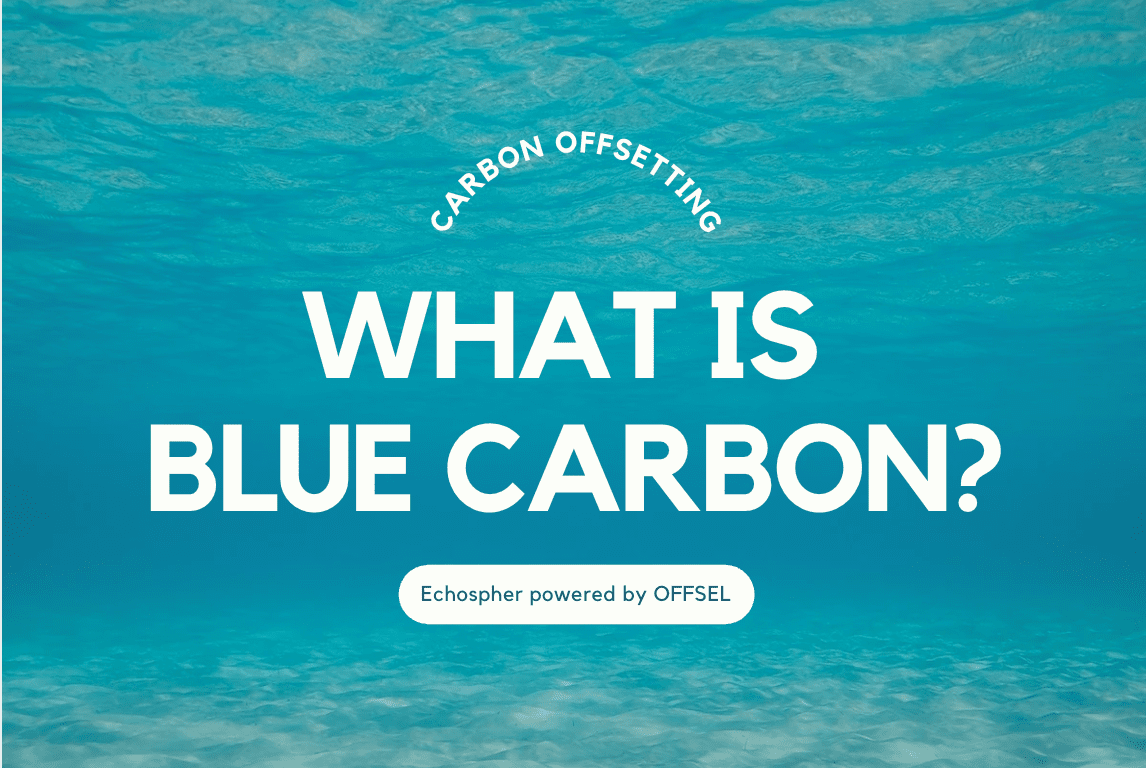What is Renewable Energy Guarantee of Origin (GO)?
- CO2-reduction

Table of Contents
What is GO (Guarantee of Origin)?
The ‘Guarantee of Origin (GO)’ is a certification scheme that proves energy emissions were produced from renewable energy sources. It functions as a tracking system that ensures a certain amount of energy was generated from renewable resources.
It is applicable to EU member states, and the EU mandates member countries to have a tracking system that enables consumers to understand information about electricity, such as the method of generation.
How does the tracking process of GO work?
The tracking process of Guarantees of Origin (GOs) for renewable energy typically involves several key steps to ensure that the electricity being used is indeed generated from renewable sources.
Here’s an overview of how this process works:
Issuance of GOs
When a renewable energy plant (like wind, solar, hydro, or biomass) generates electricity, it is entitled to receive a Guarantee of Origin certificate. This certificate is usually issued by a national or regional authority or a designated body.
Each GO represents a specific quantity of electricity (commonly 1 MWh) generated from renewable sources.
Unique Identification
Each GO is given a unique number to ensure that it can be tracked and is not double-counted. This ID includes information about the source of the energy, the type of renewable resource, the location of production, and the time period during which the energy was generated.
Registration
The GOs are then registered in a national or regional electronic database. This database keeps track of the creation, trade, and cancellation of all GOs within its jurisdiction.
Trading
GOs can be traded independently of the physical electricity. This means that energy producers can sell their GOs to other parties, such as electricity suppliers or companies wanting to green their energy consumption. The trade of GOs is recorded in the database, transferring ownership from one party to another.
Redemption and Cancellation
When an end-user, like a business or utility, claims to have used renewable energy, they must ‘redeem’ the corresponding amount of GOs. Once redeemed, these GOs are cancelled in the database to prevent them from being used again. This ensures the integrity of the system and that each unit of renewable energy is only claimed once.
Consumer Information
Information from redeemed GOs can then be used by companies and utilities to prove to their customers that the electricity they are using or providing is sourced from renewable energy.
Compliance and Auditing
Regular compliance checks and audits are conducted to ensure that the entire process is transparent, reliable, and free from any form of double counting or fraud.
Differences between GO, REC and I-REC
| Feature | Guarantees of Origin (GOs) | Renewable Energy Certificates (RECs) | International Renewable Energy Certificates (I-RECs) |
|---|---|---|---|
| Countries and Regions | Primarily European Union | Mainly United States | Global, especially in countries without a national system |
| Regulatory Framework | Governed by EU’s Renewable Energy Directive | Governed by national and state regulations in the US | Follow international guidelines, recognized in participating countries |
| Purpose | Certify renewable energy production in the EU | Certify renewable energy production in the US | Facilitate renewable energy certification in countries without a national system |
| Market Acceptance | Widely accepted in European markets | Recognized primarily in the US market | Increasing acceptance in international markets, varying by country |
| Tracking Mechanism | National registries within the EU | Several systems in the US (e.g., M-RETS, WREGIS) | I-REC Standard system for international tracking |
| Tradeability | Tradable within European market | Tradable within US market | Tradable in international markets where recognized |
| Verification | Strict verification under EU guidelines | Verification according to US standards | Verification according to I-REC standard and local regulations |
| Environmental Impact Claims | Specific to renewable sources in the EU | Specific to renewable sources in the US | Broad international scope, but specific to participating countries |
Why companies should buy GOs
Purchasing Guarantees of Origin (GOs) offers several benefits, particularly for businesses and consumers looking to support renewable energy and demonstrate their commitment to sustainability. Here are some key benefits:
- Promoting Renewable Energy: By purchasing GOs, organizations and individuals directly support the production of renewable energy. This can help increase the demand for green energy, leading to more investments in renewable energy projects.
- Environmental Responsibility: GOs provide a credible way for companies to reduce their carbon footprint and meet their environmental targets. It’s a tangible action towards combating climate change and promoting a more sustainable energy future.
- Transparency and Credibility: GOs offer a transparent and verified means of ensuring that the energy consumed is indeed from renewable sources. This can enhance the credibility of a company’s green claims, as they can prove that their energy usage is backed by renewable sources.
- Corporate Social Responsibility (CSR) and Brand Image: Demonstrating a commitment to renewable energy can enhance a company’s reputation and brand value. It shows responsibility towards environmental sustainability, which can be appealing to customers, investors, and stakeholders.
How is the price of GOs set?
Setting prices for Guarantees of Origin (GOs) is influenced by a variety of factors in the market. Unlike fixed-price goods, the pricing of GOs is typically determined by market dynamics, similar to other commodities or financial instruments. Here’s an overview of how prices for GOs are set:
Supply and Demand
The most significant factor in setting the price of GOs is the balance between supply and demand. If there is a high demand for renewable energy certificates and a limited supply, prices will increase. Conversely, if the market is saturated with GOs and demand is low, prices will decrease.
Also, government policies, such as renewable energy targets, subsidies, and tax incentives, can influence the demand for GOs.
Type of Renewable Energy
Different types of renewable energy sources (e.g., wind, solar, hydroelectric, biomass) may have varying costs associated with their production and therefore can impact the price of their respective GOs.
Geographic Factors
Prices of GOs can vary by region due to the availability of renewable resources, local energy policies, and the maturity of the renewable energy market in that area.
You May Also Interested In:
J-Credit Scheme Explained: How Does It Work And What Are The Benefits?
Non-Fossil Certificates: Explaining Key Points for Corporate Decarbonization managers
CONTACT US
Please feel free to contact us at anytime.
We will get back to you as soon as we
can!
Editor
OFFSEL Owned by Erevista Inc, OFFSEL is specializes in Environmental issues, especially in carbon neutrality. We primarily provide the latest information on environmental energy.




